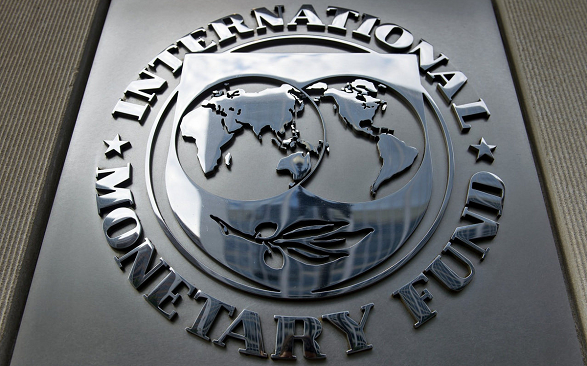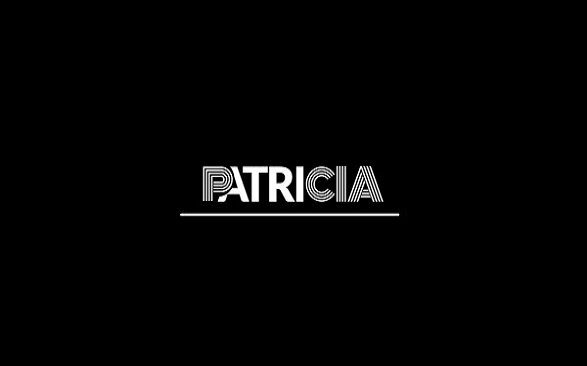By Jude Ayua
In May 2024, Triple-A released a report on the global state of cryptocurrency ownership. The report states that “562 million people across the globe own some or various forms of digital currencies,” which constitutes 6.8% of world population. While 43.5 million Africans own digital currencies, only one African country, South Africa, is among the top 30 countries with highest cryptocurrency ownership in the world. It is disappointing that Nigeria, the top African country in crypto adoption and 11th in the world in 2022, according to Chainalysis, is not among the top 30 countries with cryptocurrency ownership in the world in 2024. The main factor behind Nigeria’s status of cryptocurrency ownership is its unclear and uncertain regulatory approach.
Top 30 countries with cryptocurrency ownership in 2024 by Triple-A.
Regulatory Uncertainty Affecting Cryptocurrency Adoption in Nigeria
Nigeria’s cryptocurrency regulation has been unclear, uncertain, and unrealistic. The Central Bank of Nigeria (CBN), despite having not ascribed a legal status to cryptocurrency, has attempted to regulate it as a means of payment. Nigeria’s Securities and Exchange Commission (SEC), however, defines cryptocurrency among other digital assets as a security under the SEC Rules on Digital Assets 2022. The Rules require virtual assets providers (VASPs) to obtain a license to operate in Nigeria, but it has not issued any license yet. It was only recently in late August 2024, that the SEC announced the granting of “Approvals-in-Principle,” which the SEC explained is “a precursor to the grant of full registration.” The Federal Inland Revenue Services has also, reportedly, introduced taxes on cryptocurrencies. Despite these regulatory moves, Nigeria’s cryptocurrency regulation has failed in the aspect of consumer protection, which is crucial in driving adoption.
The Need for Clear Regulation
Clear regulation ensures a safer environment for cryptocurrency, and encourages wider adoption. It is not surprising that the Republic of South Africa ranks 15th in cryptocurrency ownership in 2024. Compared to Nigeria, South Africa has clearer regulations on cryptocurrency. For example, the Financial Advisory and Intermediary Services Act (FAIS) among other things, protects consumers and ensures companies’ integrity; Singapore’s Monetary Authority of Singapore (MAS) enhances cryptocurrency operations with clear guidelines. The United State’s introduction of spot ETFs in January 2024 has significantly improved institutional investment in bitcoin (BTC), thus boosting investor confidence.
Nigeria needs to create a healthy regulatory environment for cryptocurrency adoption. The International Monetary Fund, in 2022, advised that the crypto market in Africa needs better regulations. There is also a need for legislation that aligns with global standards such as the Financial Action Task Force (FATF) recommends, to facilitate cross-border transactions and increase adoption. Nigeria was on the point of being blacklisted by the FATF in 2022 before Nigeria revamped the Money Laundering Act. But Nigeria has not been able to make it out of the gray list.
Read also: SEC Nigeria finally issues framework for VASPs.
Adopting Cryptocurrency as a Method of Payment
As at the time of writing, there is no business in Nigeria officially accepting payments in cryptocurrency. Notwithstanding the high potential of cryptocurrency as a means of payment in Nigeria, the country’s largely unfriendly regulatory approach has limited that. Triple-A’s report finds that countries with higher inflation rates and currency devaluation have higher cryptocurrency adoption. Nigeria’s inflation rate in the first half of 2024 exceeded 25%, the value of Naira in June was NGN1,500 to 1 United States Dollar. Yet, Nigeria has not considered adopting cryptocurrency as a means of payment. As a matter of fact, the Nigerian government has alleged that cryptocurrency has been responsible for the Naira’s depreciation. Nigeria needs a friendly regulatory environment to enable cryptocurrencies to facilitate payments.
Regulating the Influence of Media on Cryptocurrency
Triple-A’s report also revealed that the media influences cryptocurrency adoption. In Nigeria, social media especially escalates this influence and sometimes misleads the public, risking long-term adoption. In June 2024, popular afrobeat singer, David Adeleke, aka Davido, launched a meme coin which allegedly became a “pump-and-dump scheme.” It surged by 200% before plummeting 56% within one hour. Davido reportedly withdrew $474,000 before it crashed, but the majority of people lost their investment. Nigeria needs regulations to protect the public from misleading media campaigns about cryptocurrencies, and help to achieve sustainable adoption.
Read also: Nigeria’s SEC issues ‘Approvals-in-Principle’ to digital assets exchange firms.
About the Author: Jude Ayua is a policy analyst at CAB. A lawyer, Jude is an associate at Infusion Lawyers where he is a member of the Blockchain & Virtual Assets Group. He is also a member of the Policy & Regulations Committee of the Stakeholders in Blockchain Technology Association of Nigeria (SiBAN). Jude reports and writes on crypto policy and regulations. jude@infusionlawyers.com
Discover more from Crypto Asset Buyer
Subscribe to get the latest posts sent to your email.





